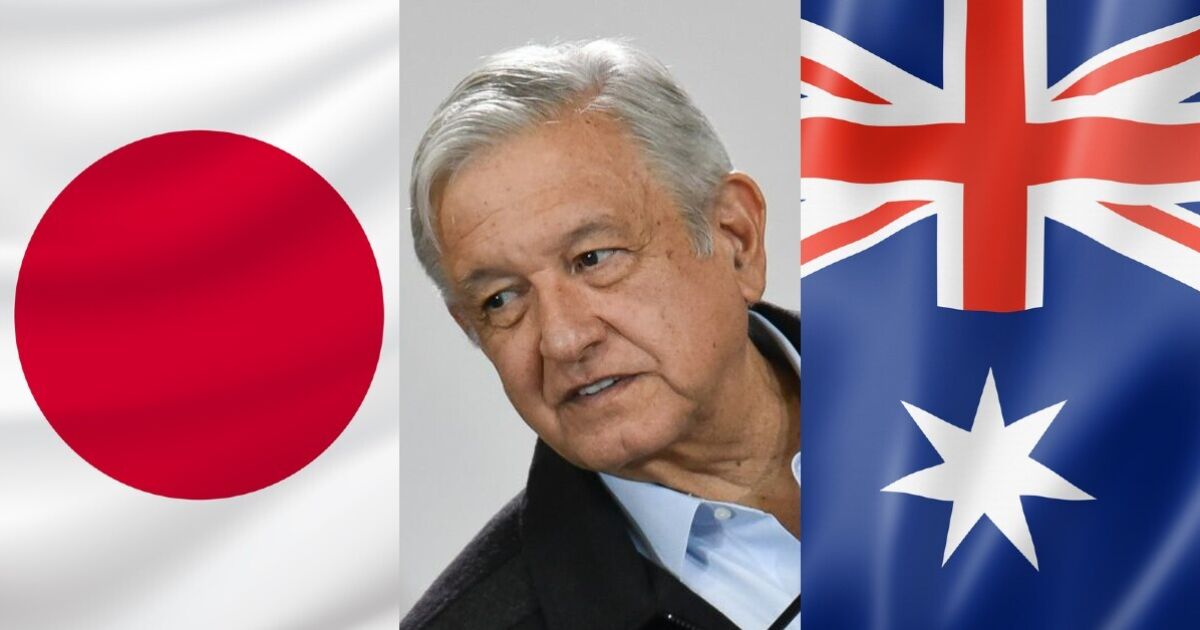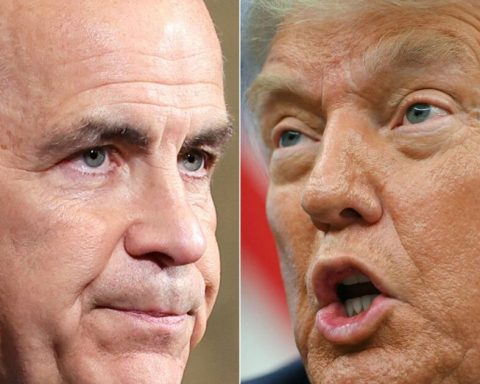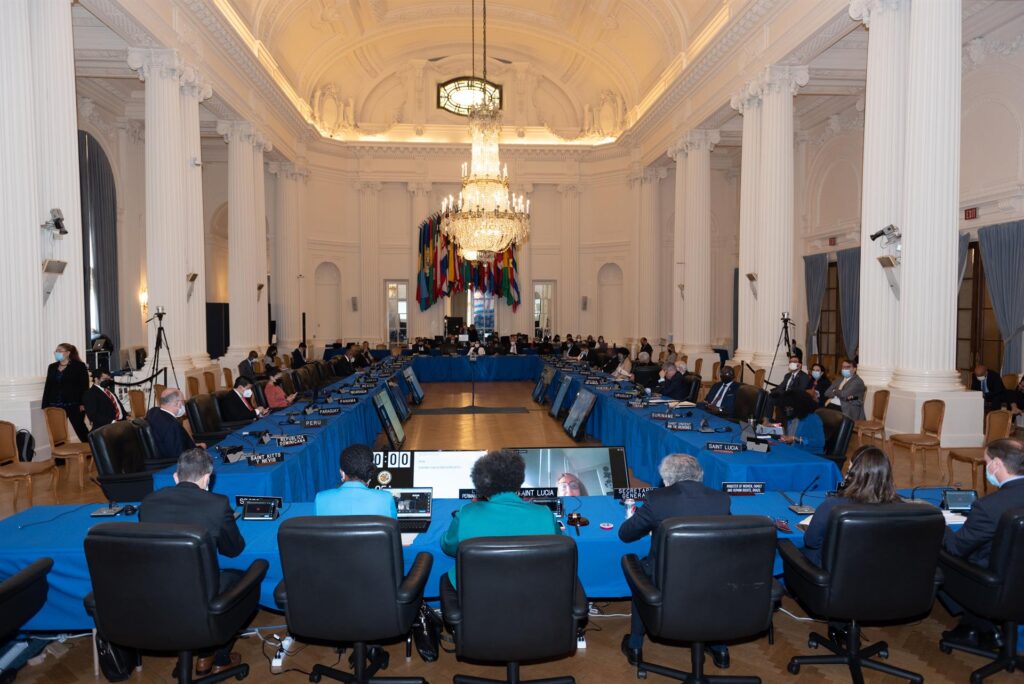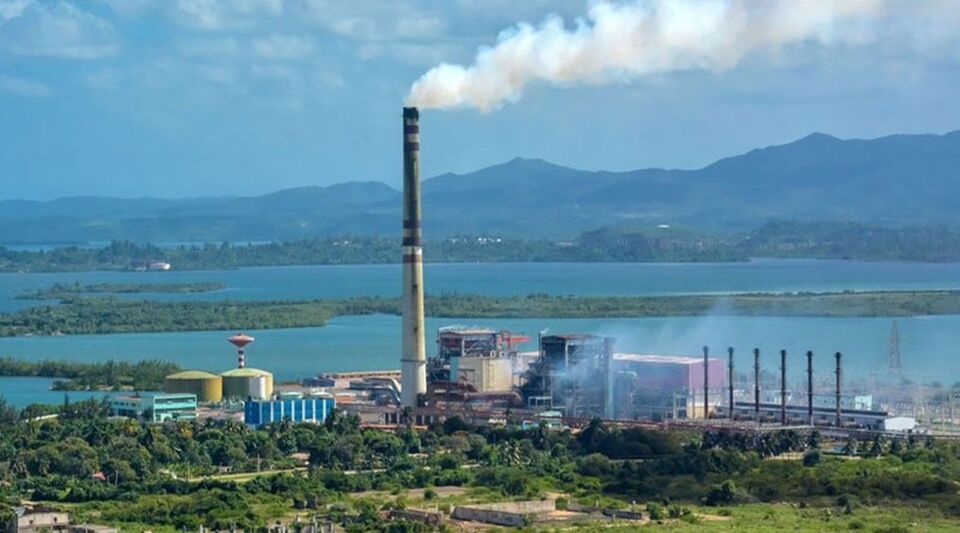Investments at risk
The consultations and possible opinion of the panel could serve to highlight the importance of private sector investment and innovation in the energy market. Mexico is in a privileged position to increase its economic weight in the region as the North American manufacturing sector moves ever closer to the consumer. “If the country wants to benefit 100% from this trend, it will have to be able to offer clean, reliable and affordable energy,” the UBS report reads.
In addition to the imposition of tariffs on Mexican exports to the United States and Canada, the potential cost for Mexico if the dispute is not resolved would come from investment opportunities, the firm anticipates.
Trade tensions between China and the US, as well as the pandemic and the invasion of Ukraine, make Mexico attractive as an investment center.
According to the Inter-American Development Bank (IDB), UBS highlights, the relocation of supply chains could increase the value of Mexico’s annual exports by 35.3 billion dollars, however, this trade dispute could “cloud the valuation that may What investors should do about Mexico as a destination to bring production closer, and an insufficient amount of investment in the energy sector could lead to problems for the availability of energy in the coming years”, he points out.
Beyond the T-MEC
President López Obrador has said that the changes in energy matters do not violate the T-MEC, that Mexico reserves its sovereign right to modify the Constitution and national legislation on energy matters, in accordance with Chapter 8 of the treaty, which also establishes that The country will be able to dispose of all the hydrocarbons present in its territory.
However, explains UBS, the United States and Canada argue that they agreed to recognize that part of the new trade agreement without prejudice to their own rights and legal solutions under the T-MEC.
“The treaty provides that Mexico may not adopt measures for the energy sector that are more restrictive than the parallel concessions granted in other trade and investment agreements that had been ratified by the country before the T-MEC,” exposes UBS.
In this sense, adds UBS, the Comprehensive and Progressive Agreement for Trans-Pacific Association (TIPAT) ratified before the T-MEC, includes the liberalization of the electricity generation and commercialization sectors. So, “the argument is that Mexico should guarantee US and Canadian investors the same level of access as that granted to TIPAT members.”
















